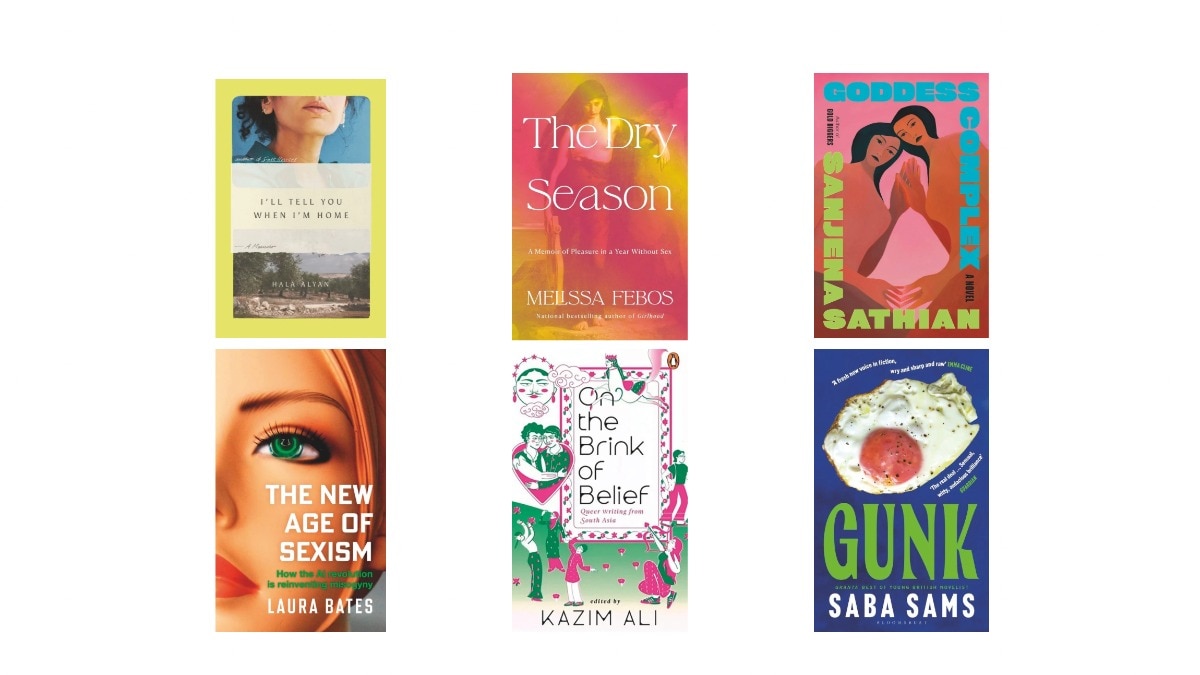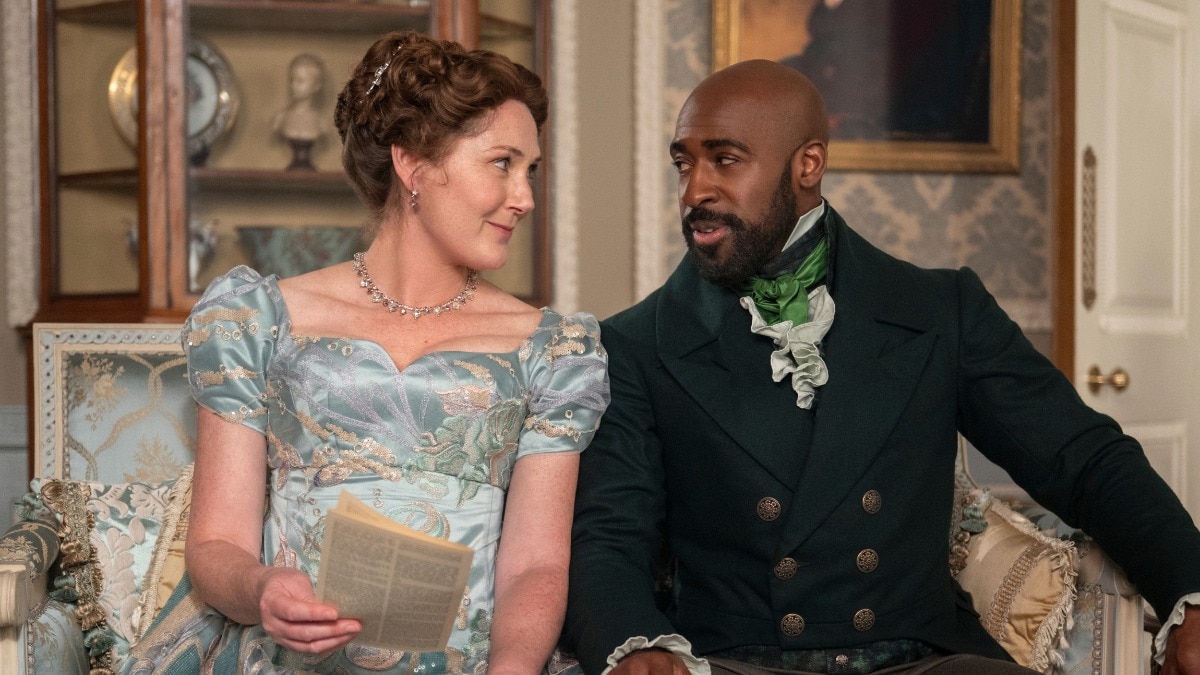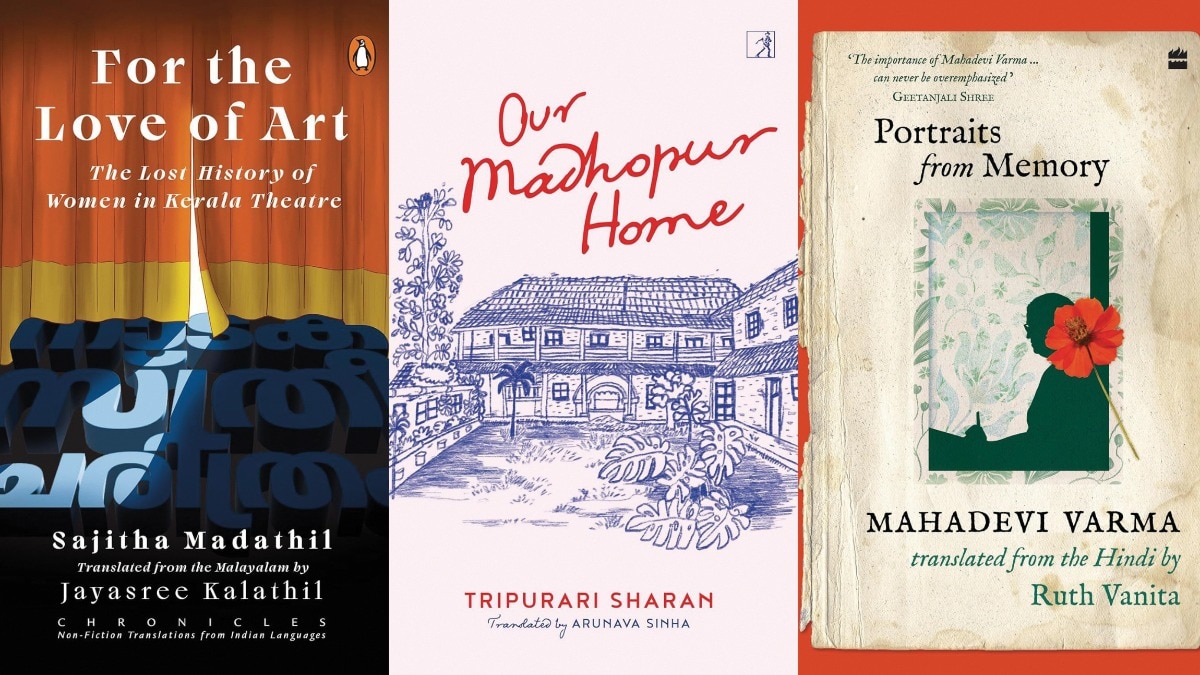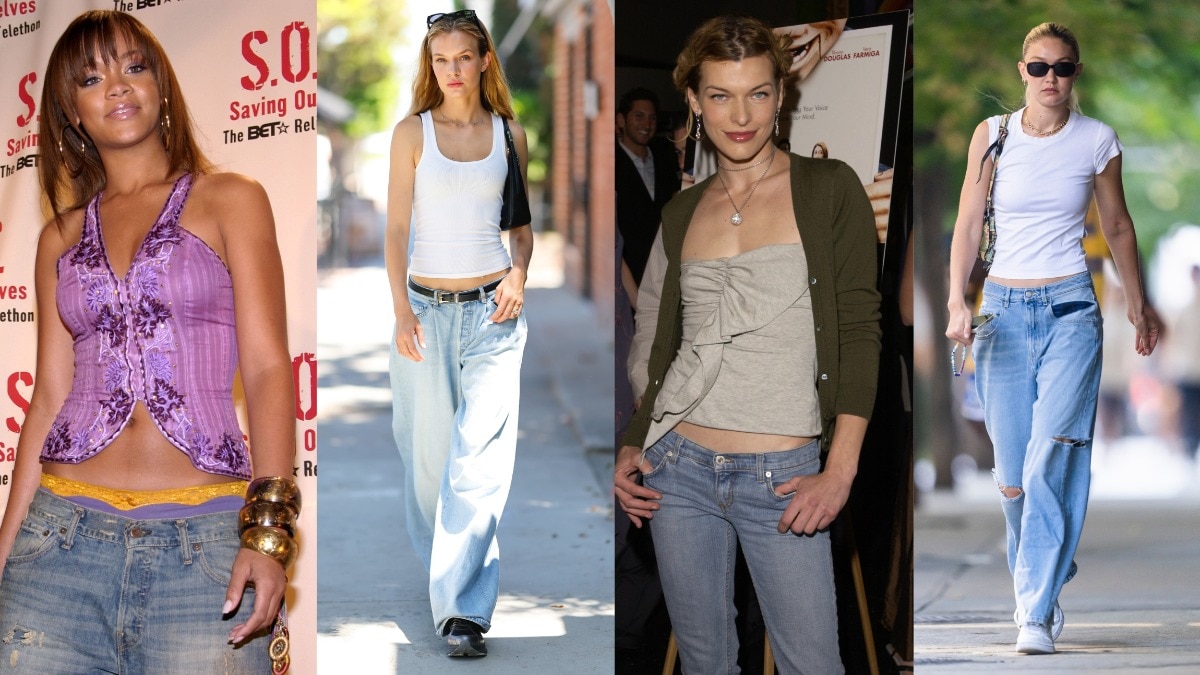
Here are six books that belong at the very top of your TBR pile
These six books belong at the very top of your TBR pile.



What happens when you stop centring your life around romantic desire? In The Dry Season, Melissa Febos turns to celibacy after a series of intense relationships, only to discover deeper pleasures—in solitude, creativity, and spiritual inquiry. Drawing on feminist history and her past, she explores what it means to reclaim your body not for anyone else, but for yourself. Written with cultural criticism and intimate insight, this book invites us to imagine new ways of living—and loving—that aren’t bound to coupledom, but rooted in selfhood.

Gunk by Saba Sams follows Jules, who’s been divorced from Leon for five years yet still serves shots alongside him at Gunk, a shabby student nightclub in central Brighton. Night after night, she watches Leon flirt with undergraduates—until he hires 19-year-old Nim to work at the bar. When Nim discovers she’s pregnant, Jules agrees to help, and their relationship deepens in unexpected, tender ways. Months later, Jules is alone in her small, cramped flat, cradling Nim’s newborn, sweet with her scent, just twenty-four hours old, while Nim’s whereabouts remain unknown. What will become of this fragile, unlikely, chosen family?

Sanjana walked out on her actor husband at an Indian commune after a fight about kids. A year later, he’s gone missing—and strangers are calling her for fertility advice. As Sanjana disentangles the mystery, she’s hurled into strange alternate realities: Versions of herself that chose motherhood, and lives shaped by what-ifs. Goddess Complex by Sanjana Satyananda is a razor-sharp, surreal satire about pregnancy, procreation, and the performance of womanhood in an age of influencers, egg freezing, and feminist branding. Both darkly comic and emotionally unsettling, it asks: What happens to the self when society insists your body must follow one fixed path?

In her searing, intimate debut memoir, Hala Alyan’s I’ll Tell You When I’m Home chronicles her path to motherhood through surrogacy after years of miscarriages. As her child grows in another woman’s body, she confronts her own, marked by trauma, addiction, and longing. Set against a backdrop of personal and political collapse, from Beirut to the American Midwest, Alyan details family stories, ancestral memory, and the ache of displacement. What emerges is a lyrical reckoning with love, loss, and legacy. This book is a deeply human story about creating life while learning to live fully in a body that has known both rupture and resilience.

In an urgent and eye-opening book, Laura Bates investigates how emerging tech is reshaping misogyny in terrifying new ways. From AI chatbots with violent scripts to deep fake porn, cyber brothels, and sexist virtual classrooms, The New Age of Sexism reveals how power and patriarchy are being hard-coded into our future. Through reporting, interviews, and analysis, Bates exposes how these digital spaces threaten women’s safety, autonomy, and very sense of self. Both a searing critique and a call to arms, this is essential reading for anyone who cares about gender justice in an increasingly automated world where the body is no longer the boundary.

On the Brink of Belief by Kazim Ali gathers 24 LGBTQIA+ writers from across South Asia who push against the boundaries of form and faith. Through poetry, memoir, flash fiction, and conversation, they conjure stories where queerness meets spirituality, myth, and memory. Whether in a police cell in Dhaka or a kitchen in Kathmandu, the book asks: What does it mean to believe, to belong, when you live in a body the world refuses to sanctify? The result is intimate, defiant, and sublime—a kaleidoscope of queer South Asian truths that resist simplification.
All images: Courtesy Bloomsbury, Simon & Schuster, Penguin, Harper Collins
This article originally appeared in the Harper's Bazaar India June-July print edition.
Also read: Inside the mindset shift that’s helping women take charge of their financial futures
Also read: The top 10 summer romance books of all time










